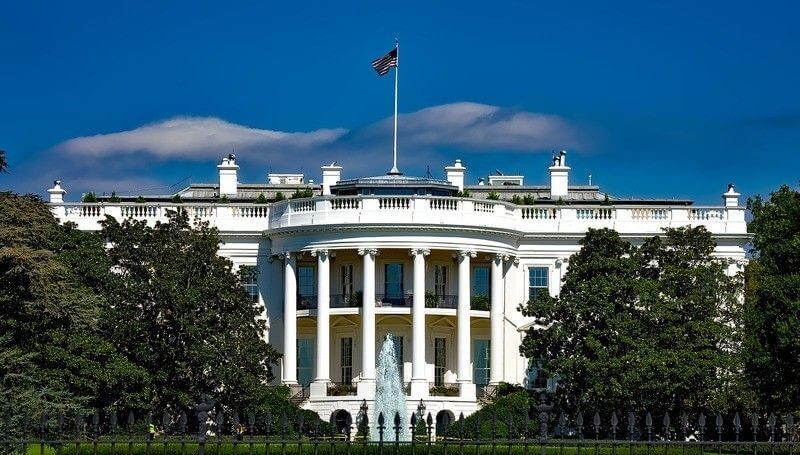
Trump Team Considers Creating First White House Crypto Role
Former President Donald Trump's transition team is exploring the establishment of a groundbreaking White House position focused exclusively on cryptocurrency policy, marking a potential shift in federal crypto oversight.
According to recent reports, the team is actively evaluating candidates for this pioneering role, which would be the first of its kind in White House history. The position is expected to coordinate cryptocurrency policies across federal agencies while serving as a bridge between Congress, the White House, and key regulatory bodies like the Securities and Exchange Commission (SEC) and the Commodity Futures Trading Commission (CFTC).
Industry advocates are pushing for direct access to Trump through this new position. The role would likely involve managing a dedicated staff while facilitating communication between various stakeholders in the crypto space.
The development aligns with Trump's campaign promises regarding cryptocurrency regulation. During his campaign, he pledged to remove current SEC Chair Gary Gensler and establish a presidential advisory council focused on digital assets. Former SEC attorney Teresa Goody Guillen has emerged as a potential candidate for the new SEC chair position.
Trump has demonstrated increasing engagement with the cryptocurrency sector, holding meetings with industry leaders including Coinbase CEO Brian Armstrong. He has also met with representatives from Bitcoin mining companies and crypto exchanges. Brian Brooks, who previously served as CEO of Binance US and held a legal position at Coinbase, is being considered for the SEC chair role.
The former president has also shown personal interest in crypto ventures, launching World Liberty Financial and exploring potential acquisitions in the sector through his social media group.
This initiative represents a potential shift in how cryptocurrency regulation and oversight might be handled at the federal level, suggesting a more coordinated approach to digital asset policy under a possible future Trump administration.